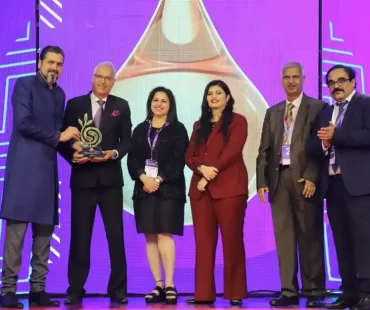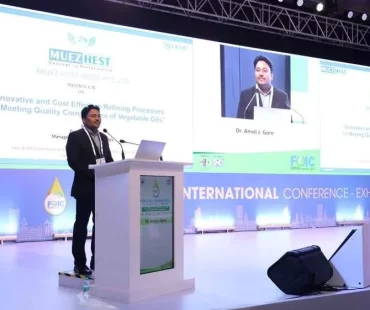We believe in providing top quality workmanship and are so confident in our level of service
that we back.
Polish Filter
What is Polish Filter
We are engaged in offering a wide range of Polishing Filters for fine polishing of edible oil in the process and fine polishing of oil before packing. In adherence to the set industry standards, our provided filters are precisely manufactured using high-grade raw materials and the latest technology. Owing to their durability and fine finish, these filters are widely appreciated by our clients.
We manufacture Polishing filters for filtration and fine polishing up to 5 microns. For filtration of 500 kg/hr up to 25000 Kg/Hr. It can be used for fine polishing of oil before packing to give shine to Edible oils and can be used in various chemical applications.
Single or Multi bag polishing filters are used for post-filtration. The baskets are fitted with quick opening type arrangements. Filter bags used are PP, PPS, Polyester Polyamide or special material depending on process conditions. Depending on the flow rate, single or multi-bags can be supplied.
Get A Quote to discuss
your manufacturing requirements

Global Installation
Global Installation
Strategies to ensure proactive domination. At the end of the day,User generated content in real-time will have multiple touchpoints for offshoring.
-
0
Project completed
-
0
Satisfied client
-
0
Year of experience
-
0
Qualified specialist
Our Clients
We worked with royal clients

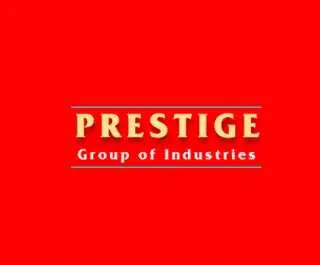
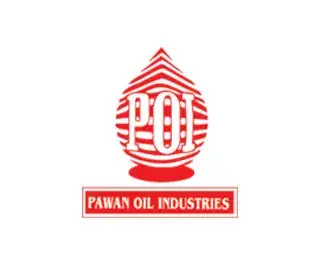

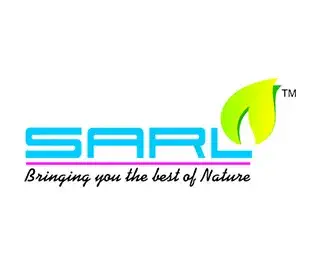

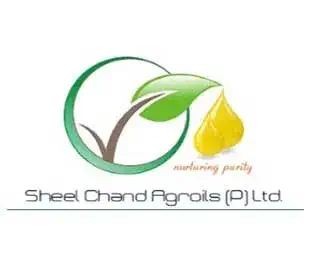
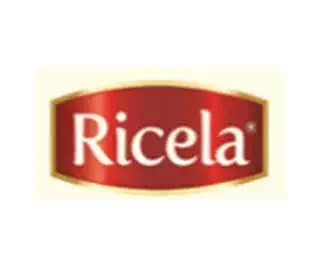
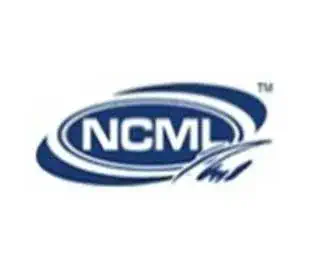

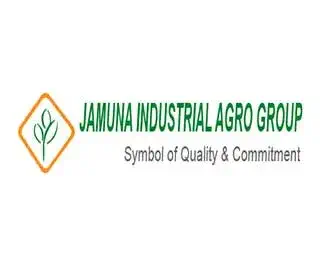



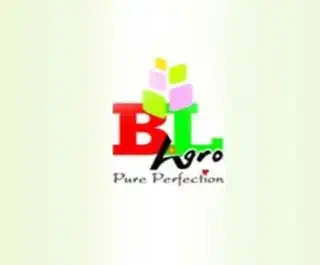

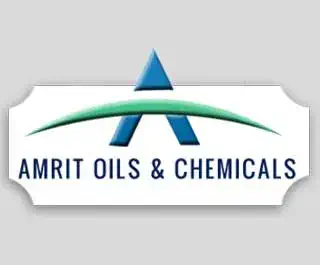
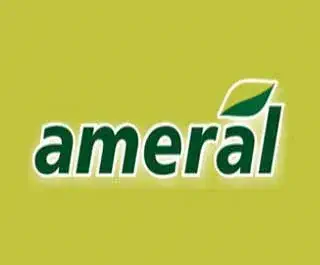




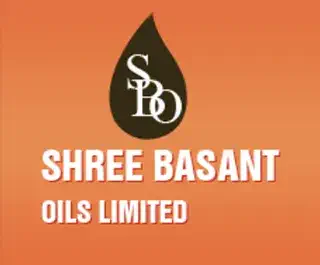
our blogs
Recent News & Articles
faq
Frequently Asked Questions
Discover some of the most asked questions regarding Polish Filter.
What is a polish filter?
A polish filter is a type of filtration system used to remove fine particles, impurities, and contaminants from liquids to achieve high purity and clarity. It is often employed as a final filtration step to “polish” or refine the liquid before it is used or packaged.
What are the common applications of polish filters?
Pharmaceuticals: For purifying solutions and ensuring product quality.
Food and Beverage: To clarify liquids and remove unwanted particles.
Chemical Processing: For filtering chemicals and solvents.
Water Treatment: To achieve high-purity water for various applications.
Cosmetics: To ensure the clarity and safety of cosmetic products.
How do I choose the right polish filter for my application?
Particle Size: Determine the size of particles that need to be removed. Liquid Characteristics: Assess the properties of the liquid, including viscosity, temperature, and chemical compatibility.Flow Rate: Ensure the filter can handle the required flow rate for your application. Filter Material: Choose a material that is compatible with your liquid and can withstand operational conditions.
What are the common maintenance requirements for polish filters?
Regular Inspection: Checking for signs of clogging or damage. Cleaning: Cleaning or replacing filters according to the manufacturer’s recommendations. Monitoring Performance: Ensuring the filter is performing efficiently and replacing it when it no longer meets performance standards.
Can polish filters be customized for specific needs?
Filter Size and Configuration: Tailoring the filter dimensions and setup to fit your system. Material and Construction: Choosing materials that match the chemical and physical properties of the liquid being filtered. Pore Size and Filtration Rating: Selecting appropriate pore sizes and filtration ratings for the desired level of purification.

